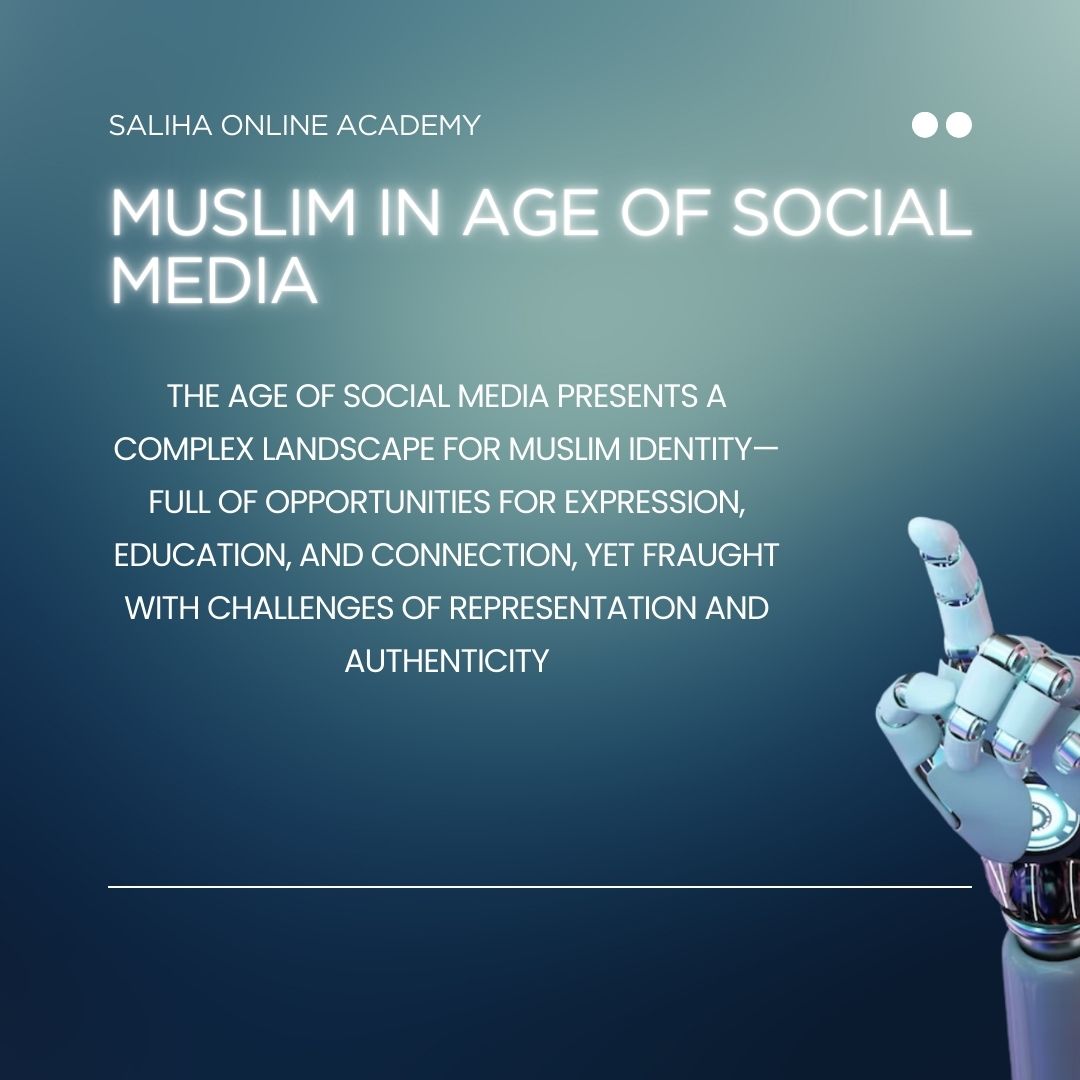Muslim Identity in the Age of Social Media
In today’s digital era, social media has become a powerful platform shaping identities, beliefs, and cultural expressions worldwide. For Muslims, social media offers both opportunities and challenges in expressing and maintaining their religious and cultural identity. The intersection of faith and technology is redefining what it means to be Muslim in the 21st century, influencing how Muslim identity is constructed, perceived, and lived.
The Role of Social Media in Shaping Muslim Identity
Social media platforms like Instagram, Twitter, Facebook, and TikTok have become vital spaces where Muslims connect, share experiences, and express their faith. These platforms allow Muslims to showcase diverse aspects of their identity—from religious practices such as prayer and fasting to cultural traditions and social activism.
Through social media, young Muslims find a voice to challenge stereotypes and misconceptions often portrayed in mainstream media. Influencers, scholars, and everyday users create content that highlights the richness and diversity of Muslim life, promoting a more nuanced understanding of Islam beyond common clichés.
Opportunities for Education and Awareness
One of the significant benefits of social media is its ability to provide accessible Islamic knowledge and foster learning. Many Muslim scholars, educators, and activists use social media to share religious teachings, answer questions, and offer guidance on contemporary issues.
This digital engagement helps combat misinformation and strengthens religious understanding, especially among younger generations who may be more disconnected from traditional religious institutions. Social media also enables global conversations, connecting Muslims from various cultural backgrounds and encouraging a sense of global Ummah (community).
Navigating Challenges and Misrepresentation
Despite the opportunities, social media also presents challenges for Muslim identity. The rapid spread of misinformation, hate speech, and Islamophobic content can create negative environments for Muslims online. Many face harassment or stereotyping, which can affect how they express their faith publicly.
Additionally, the pressure to present a “perfect” image on social media can conflict with the authentic lived experiences of many Muslims. This can lead to identity struggles, especially for youth trying to balance religious values with social expectations and digital culture.
Balancing Tradition and Modernity
Muslim identity in the social media age involves navigating the balance between tradition and modernity. While social media provides a platform for religious expression, it also exposes Muslims to global cultural trends and ideas. This interaction can lead to new interpretations and practices within Islam, reflecting a dynamic and evolving faith.
Many Muslims use social media to engage in meaningful discussions about contemporary issues such as gender roles, social justice, and environmental responsibility—topics that resonate with younger audiences and connect religious teachings with modern challenges.
Social Media as a Tool for Community Building
Social media fosters community building among Muslims by creating virtual spaces for support, dialogue, and collaboration. Online groups, forums, and hashtag movements allow Muslims to share personal stories, celebrate religious holidays, and mobilize for social causes.
During times of crisis, social media has proven invaluable for Muslim communities to organize relief efforts, raise awareness, and provide mutual aid. This digital connectedness strengthens communal bonds despite geographic distances.
Preserving Muslim Identity in a Digital World
To preserve a strong Muslim identity amid the fast-paced and often superficial world of social media, intentionality is key. Muslims are encouraged to use social media thoughtfully—engaging with content that uplifts and educates while avoiding negativity and distraction.
Parents, educators, and community leaders play a vital role in guiding youth on responsible social media use, helping them develop critical thinking skills and a grounded understanding of their faith.
Conclusion
The age of social media presents a complex landscape for Muslim identity—full of opportunities for expression, education, and connection, yet fraught with challenges of representation and authenticity. By embracing the benefits while critically navigating the risks, Muslims can harness social media as a powerful tool to affirm their identity, promote understanding, and foster a vibrant, inclusive global community. The digital world, when approached with awareness and faith, can become a space where Muslim identity continues to thrive and evolve in meaningful ways.
- Info@salihaonlineacademy.com
- Chaman Zar Colony, Rawalpindi
- Sunrise At: 5:15 AM
- Sunset At: 4:50 PM
- Let’s Talk +923301790195


Leave A Comment